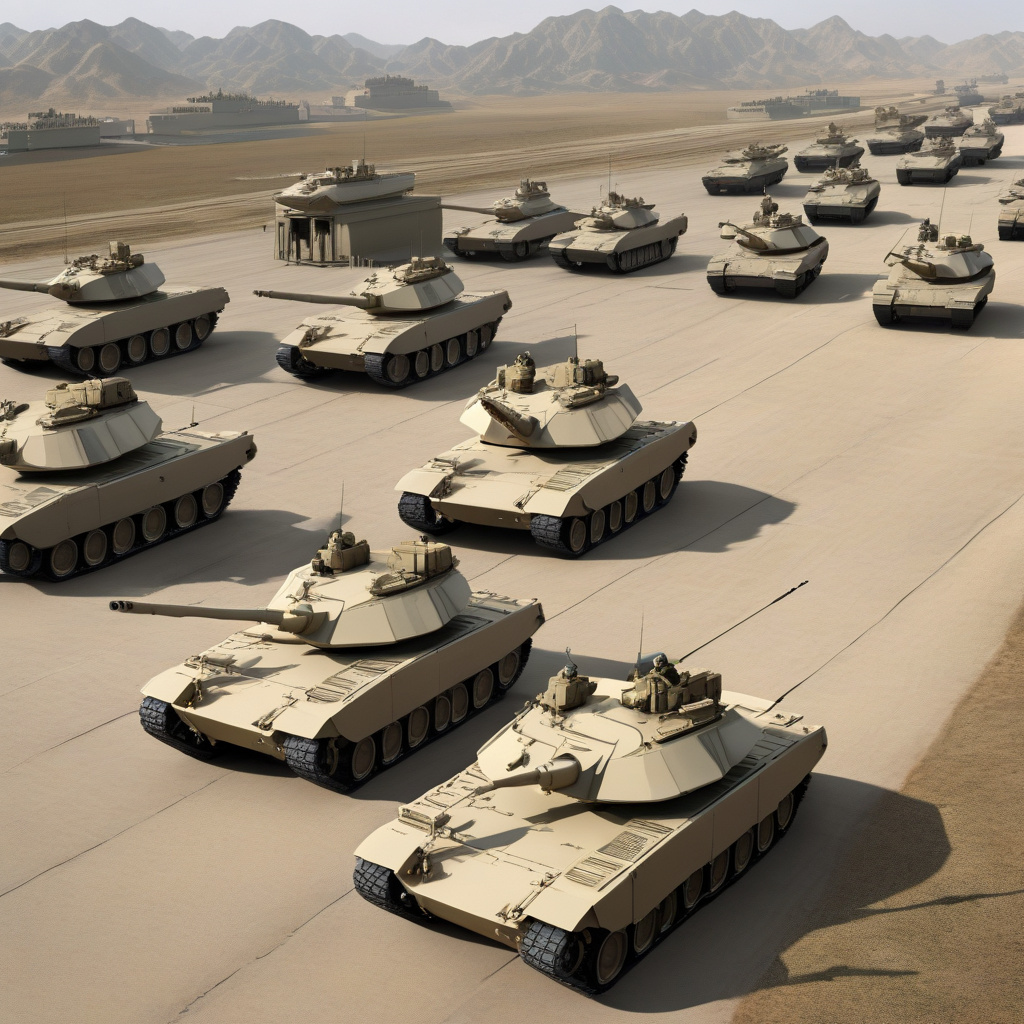China Pushes Back Against US Allegations of Military Build-Up
A recent US intelligence report has shed light on China’s increasing military capabilities, sparking tensions between the two global powers. The report, which accuses China of rapidly expanding its military arsenal, has been met with swift rejection from Beijing. China has fired back, denouncing the US for employing antiquated Cold War ideologies and exaggerating the so-called ‘China threat’ as a means to uphold its own military supremacy.
The US report, released annually, has become a point of contention between the two nations, as it underscores China’s efforts to modernize its armed forces and enhance its strategic capabilities. According to the document, China has been investing heavily in advanced weaponry, cyber warfare, and space technologies, posing a significant challenge to US military dominance in the Indo-Pacific region.
In response, Chinese officials have dismissed these claims as unfounded and biased, arguing that the US is attempting to portray China as a hostile and belligerent force in order to justify its own military buildup. Beijing has accused Washington of clinging to outdated Cold War mentalities and perpetuating a narrative of fear and mistrust to advance its geopolitical agenda.
The escalating rhetoric between the two countries reflects broader geopolitical tensions and competition for influence in the Asia-Pacific region. As China continues to assert itself as a global superpower, the US sees its position as the preeminent military force being increasingly challenged. The intelligence report serves as a stark reminder of the shifting dynamics in global power politics and the growing rivalry between the world’s two largest economies.
China’s swift rebuttal of the US accusations underscores its determination to counter any attempts to undermine its national security interests. By rejecting the narrative of a ‘China threat’, Beijing is seeking to assert its own narrative of peaceful development and cooperative international relations. The Chinese government has emphasized its commitment to a defensive military posture and has called for dialogue and cooperation to address mutual security concerns.
Despite the escalating tensions, both China and the US have expressed a willingness to engage in diplomatic dialogue to manage their differences and prevent any potential military conflicts. As the world watches the geopolitical chess game unfold between these two giants, the stakes are high, and the implications far-reaching.
As the US report continues to reverberate across the international stage, it serves as a stark reminder of the complexities and challenges inherent in the evolving dynamics of global power. The accusations and counter-accusations between the US and China underscore the delicate balance of power in the 21st century and the need for strategic foresight and diplomatic finesse in navigating the complexities of great power competition.
In conclusion, the US report highlighting China’s growing military capabilities has not only intensified tensions between the two countries but also raised broader questions about the future of global security and stability. As China pushes back against US allegations, the world is left to ponder the implications of a potential escalation in military rivalry and the prospects for peaceful coexistence in an increasingly uncertain world.
China, US, Military, Geopolitics, GlobalSecurity










